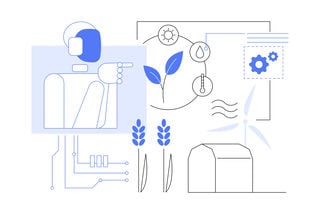Sustainable practises related to AI implementation
AI and Sustainable Hospitality: Boon or Bane?
Sustainability in Hospitality — Viewpoint by Willy Legrand
AI is not a panacea for all our sustainability challenges but a powerful tool whose efficacy relies heavily on the blend of technological integration and human-centric strategies.
While AI can significantly enhance various aspects of sustainability in hospitality—such as optimising energy usage, forecasting business hours, and improving operational efficiency—its success ultimately depends on how well it is integrated into existing systems and combined with human insights and expertise. Ultimately, a great food waste system is one thing; if the team is not aligned, it does not mean anything. The human element is crucial for interpreting AI-generated data, making informed decisions, and ensuring the technology is used ethically and effectively. The support from AI-related systems will help the implementation of broader sustainable practices across many projects and sizes, which will be beneficial for all
Therefore, while AI can greatly contribute to sustainability efforts, it should be seen as a complement to, rather than a replacement for, human strategies and initiatives. This symbiotic relationship between AI and human ingenuity holds immense potential for the future of sustainability in the hospitality industry.
Where can I use AI as an operator or sustainability manager in hospitality?
AI can be utilised in several areas within hospitality to enhance sustainability. For instance, AI can optimise energy management by adjusting lighting and heating based on real-time occupancy data. It can also improve waste management by predicting waste generation patterns and suggesting more efficient disposal methods. Additionally, AI can streamline supply chain management by forecasting demand more accurately, reducing overstock and waste.

 by
by 

